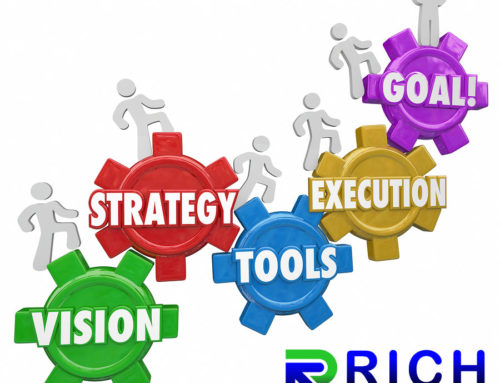Importance of a sales pipeline

For every new client, there are specific stages or phases. A typical sales pipeline might include the following phases:
- Lead identified – There is an initial conversation or point of contact. The company indicated they are interested by requesting information through your website or contacts you via phone.
- Meeting arranged – At this stage, you have set a formal meeting or have scheduled a quick call to talk through your offering and to learn more about their needs. Typically the information that you have available is limited, but you hope to learn more at the meeting.
- Lead qualification – By asking strategic questions, you are able to learn if the prospect is a likely candidate for your service or products. For example, you might ask if they have budget.
- Quote sent – you have sent a quote or proposal and are awaiting their feedback or decision.
- Quote accepted – At this phase, they have accepted your quote and are ready to move forward.
The above phases can be modified based upon your specific type of business and can easily be adapted to your sales process.
An ideal sales pipeline would have contacts within each phase, so that all the orders don’t come through at once or result in long periods of time between sales.
If you need help filling your sales pipeline, please don’t hesitate to contact us through our website www.richworldwide.com



